Why Real Estate Investors Are Moving Into Main Street Business Investments
And Why Picking the Right Fund Manager Might Matter More Than the Deal Itself
For decades, real estate has been the go-to asset class for sophisticated alternative investors. It’s tangible, financeable, and — for the most part — predictable. But in recent years, a growing number of experienced real estate investors have started reallocating capital to a new opportunity hiding in plain sight: Main Street businesses.
From HVAC companies and auto repair shops to commercial cleaning services, gyms, and dental practices, America’s small business sector is undergoing a historic transition. Millions of baby boomer-owned businesses are up for sale, and many of them are profitable, debt-free, and under-managed.
But this isn't just about chasing yield. It's about control, cash flow, and value creation in an asset class that — unlike real estate — is still wildly inefficient.
Still, investing in Main Street isn’t as simple as trading one asset for another. There are fundamental structural differences between real estate and small businesses that require investors to rethink how they deploy capital — and who they partner with.
Real Estate vs. Main Street: A Tale of Two Assets
On the surface, real estate and small businesses share a lot in common:
- Both are cash-flowing assets
- Both can be financed with debt
- Both can be improved through hands-on operational excellence
But under the hood, they’re fundamentally different:
| Feature | Real Estate | Main Street Businesses |
|---|---|---|
| Asset Type | Hard asset | Operating entity |
| Revenue Source | Rent | Products/services |
| Operating Complexity | Low | High |
| Debt Leverage | Standardized | Highly variable |
| Risk Exposure | Tenant risk | Customer, employee, market risk |
| Exit Options | Broad and liquid | Narrower, often private |
In real estate, the playbook is relatively straightforward. You buy a property, lease it up, manage expenses, and ride the appreciation curve — often using standardized underwriting, comps, and cap rates to gauge value.
In small business, you're buying a living, breathing organism. It’s not just about cash flow; it’s about people, systems, and execution. Value can swing wildly based on the competence of the operator — and that’s where most investors get it wrong.
Why Real Estate Investors Are Making the Shift
As the commercial real estate market has tightened, many seasoned investors are looking elsewhere for alpha. Why?
- Cap rate compression has reduced cash-on-cash returns
- Interest rate hikes have eroded debt-driven equity growth
- Operating costs — taxes, insurance, labor — have surged
- Asset values have plateaued in many markets
- Tenant risk has become more unpredictable in the post-COVID economy
Meanwhile, Main Street offers something real estate can’t always match right now: Strong cash flow, low valuations, and operational upside.
The Ownership Flip: You’re Now the Minority
Perhaps the biggest psychological shift for real estate investors is adjusting to the ownership dynamic in small business deals.
In real estate syndications:
- LPs often own 70%–90% of the equity
- The GP (sponsor) earns a promote or share of profits
- LPs have clear governance rights and reporting
- The asset has a residual hard value, even with mediocre management
In small business acquisitions:
- The operator owns the majority — sometimes 70%–90%
- Investors own a minority common or preferred stake
- Governance is dictated by the operating agreement
- There is no guaranteed floor value — cash flow is the asset
The Operating Agreement Is Your Only Safety Net
In a minority investment, your #1 asset is the operating agreement — the legal document that governs how decisions are made, how profits are distributed, and what happens when things go wrong.
If you don’t understand the operating agreement, you don’t understand the investment.
Key considerations include:
- Can the operator be removed?
- Are there preferred returns?
- Do investors have governance rights?
- Is there liquidity or an exit pathway?
- What happens in a sale?
- What happens if the operator exits unexpectedly?
The Operator Dilemma: Betting on the Human
Most small business failures aren’t because of bad businesses — they’re because of bad operators. And many of them look great on paper until reality hits.
What separates successful operators?
- Emotional resilience
- Operational discipline
- Leadership and culture-building
- Cash flow and sales acumen
- Grit, humility, and executional drive
You can’t always see these things in a pitch deck — which is why experienced investors are putting their money behind experienced operator-led funds.
Why the Smart Money Is Betting on Operator-Led Funds
These funds aren’t just passive capital. They:
- Vet the operator and business rigorously
- Support the business post-close
- Create repeatable systems across deals
- Can step in if the operator underperforms
- Build risk-mitigated portfolios with true oversight
The Wraparound Model: Protecting Investor Capital
Here’s how operator-led funds de-risk deals:
- Diligence the human — background, credit, psychology, and capability
- Structure smart terms — preferred equity, key man clauses, veto rights
- Support the business — shared playbooks and infrastructure
- Plan for operator failure — backup leaders and intervention rights
- Spread exposure — diversify across multiple deals
Final Word: Real Estate Trained You For This — But It’s Not the Same Game
You already understand leverage, cash flow, and value creation. But now you’re playing a higher-stakes game where the asset is the operator.
If you want to invest in the $12 trillion small business transition happening over the next decade, don’t go it alone. Invest with:
- Experienced entrepreneurs
- Battle-tested systems
- Aligned structures
- Contingency plans
- Real oversight and discipline
PS: At Clearly Acquired, we’ve built a smarter model for investing in Main Street. We combine capital, verified deal flow, seasoned operators, and real-time data to help our investors back businesses that can scale — with the right support behind the scenes.




%20%20Process%2C%20Valuation%20%26%20Legal%20Checklist.png)











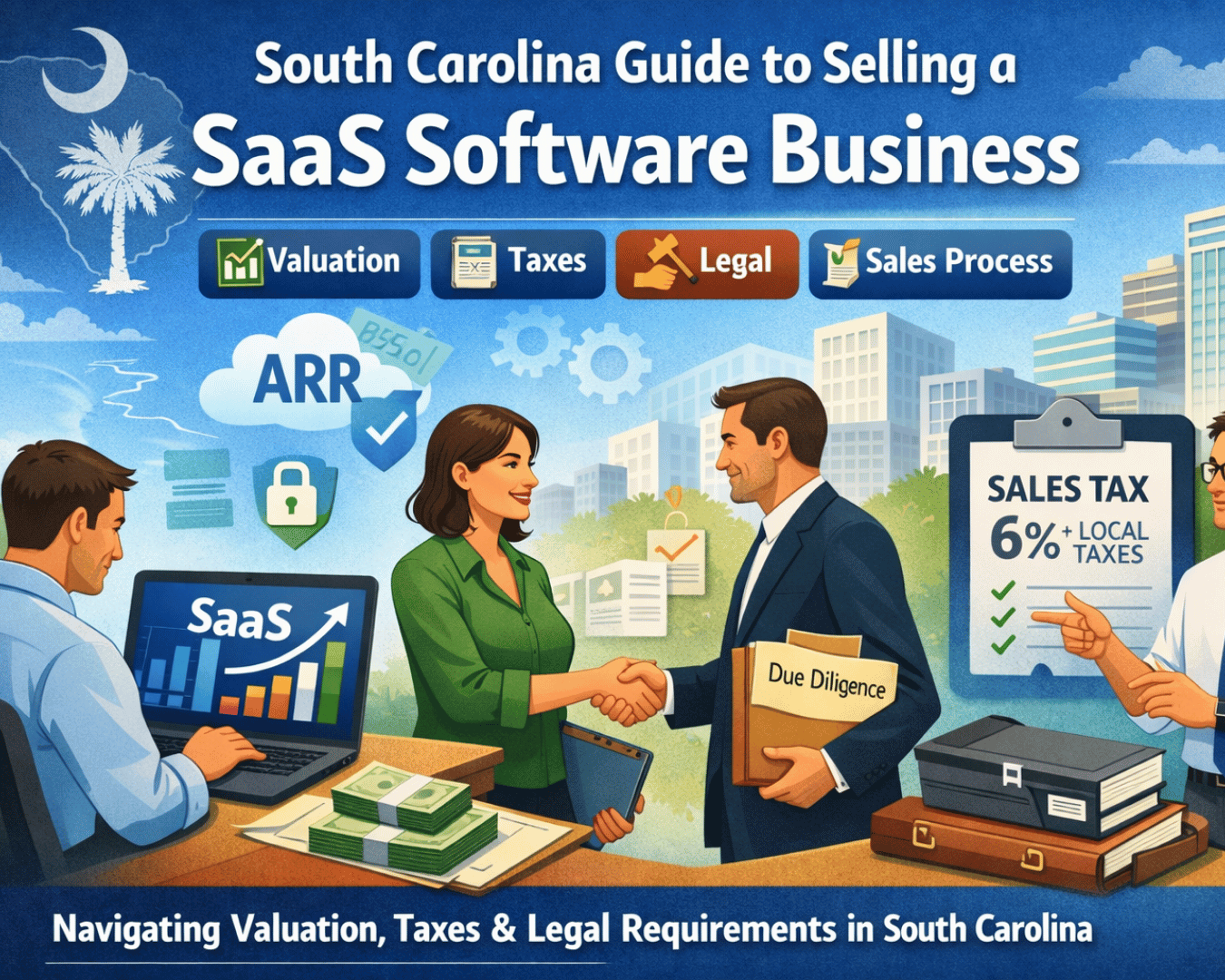







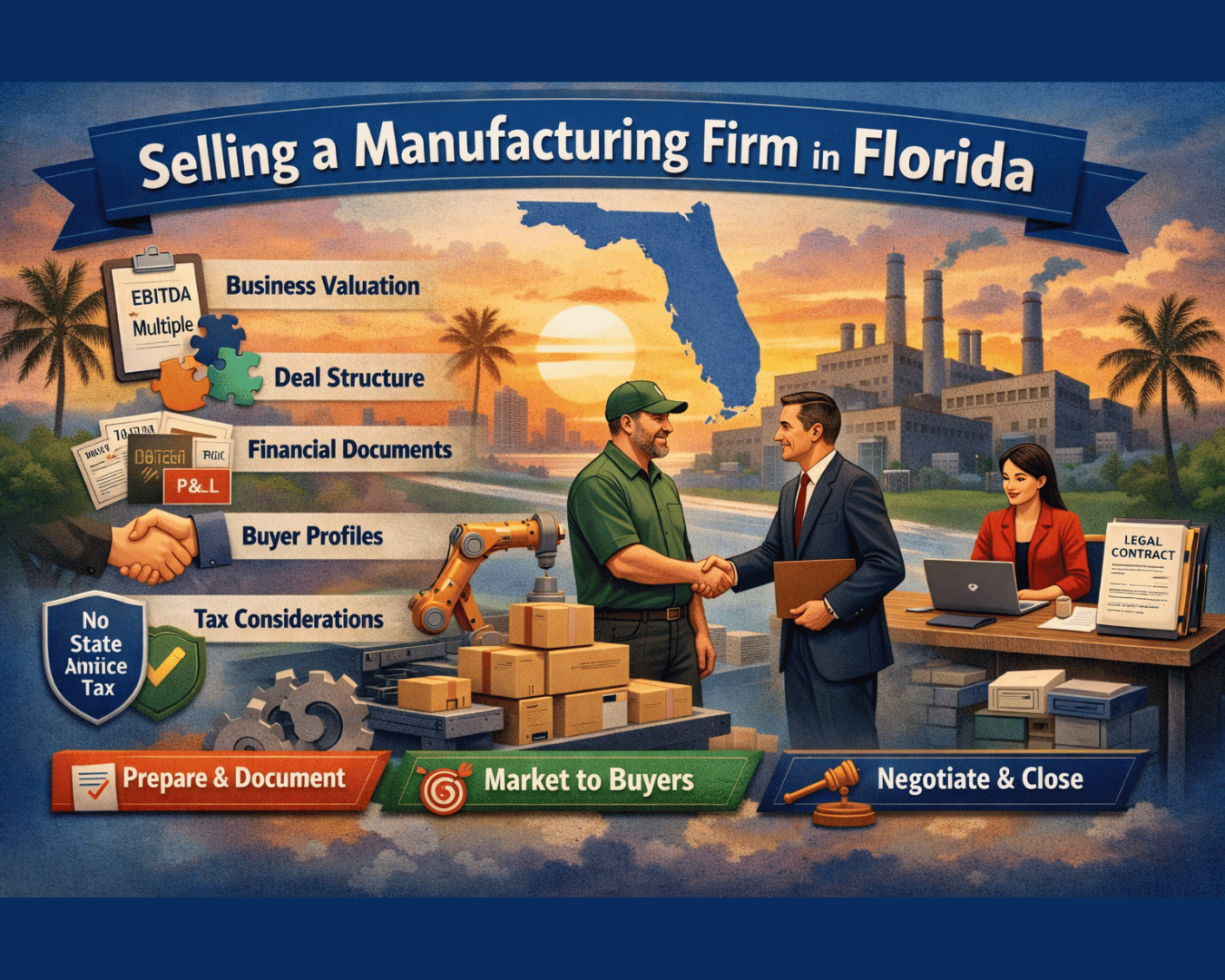
%20in%20a%20%2420M%20Sale..png)
%20vs.%20Conventional%20Loans%20for%20business%20acquisition.png)






















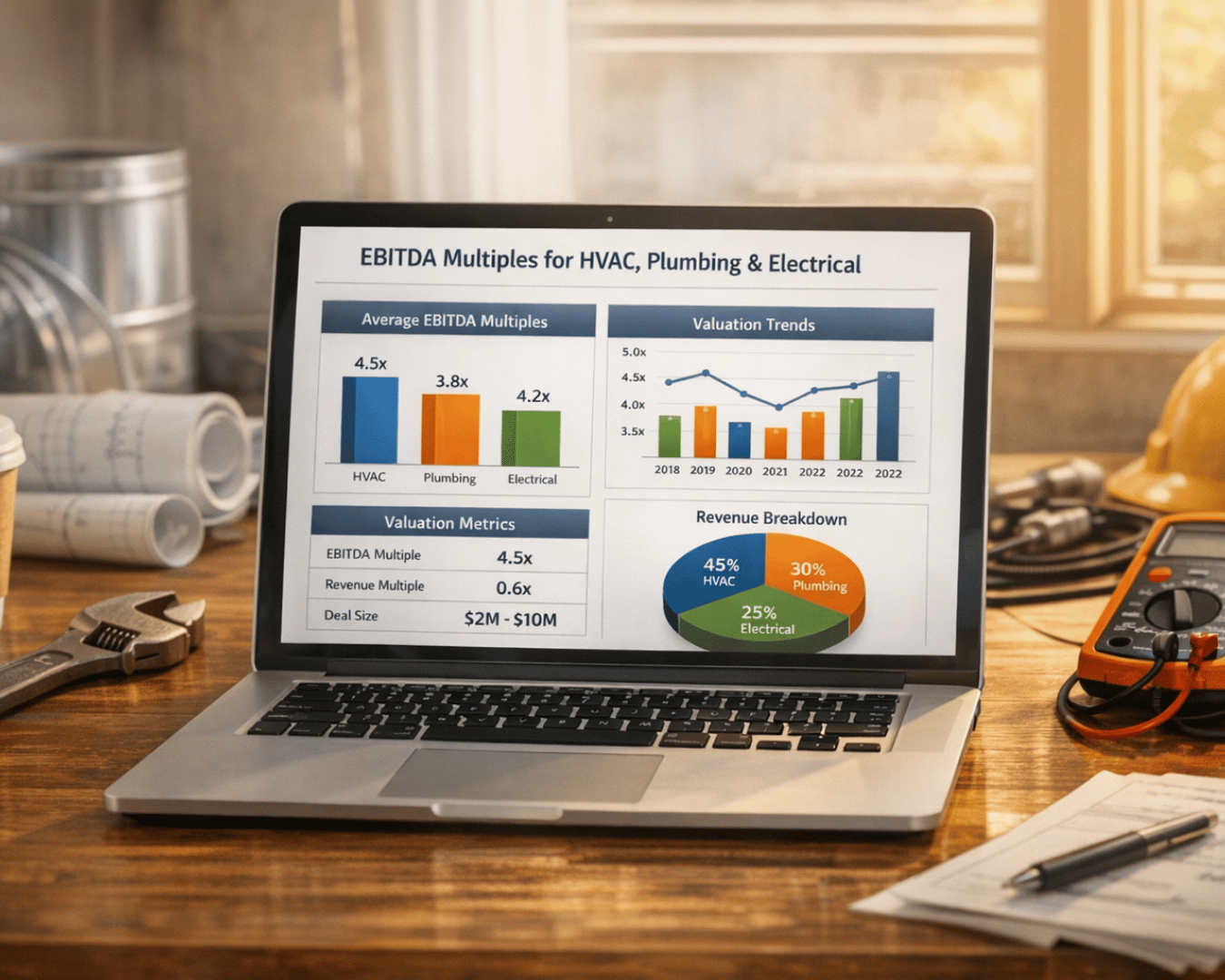
.png)


.png)
.png)







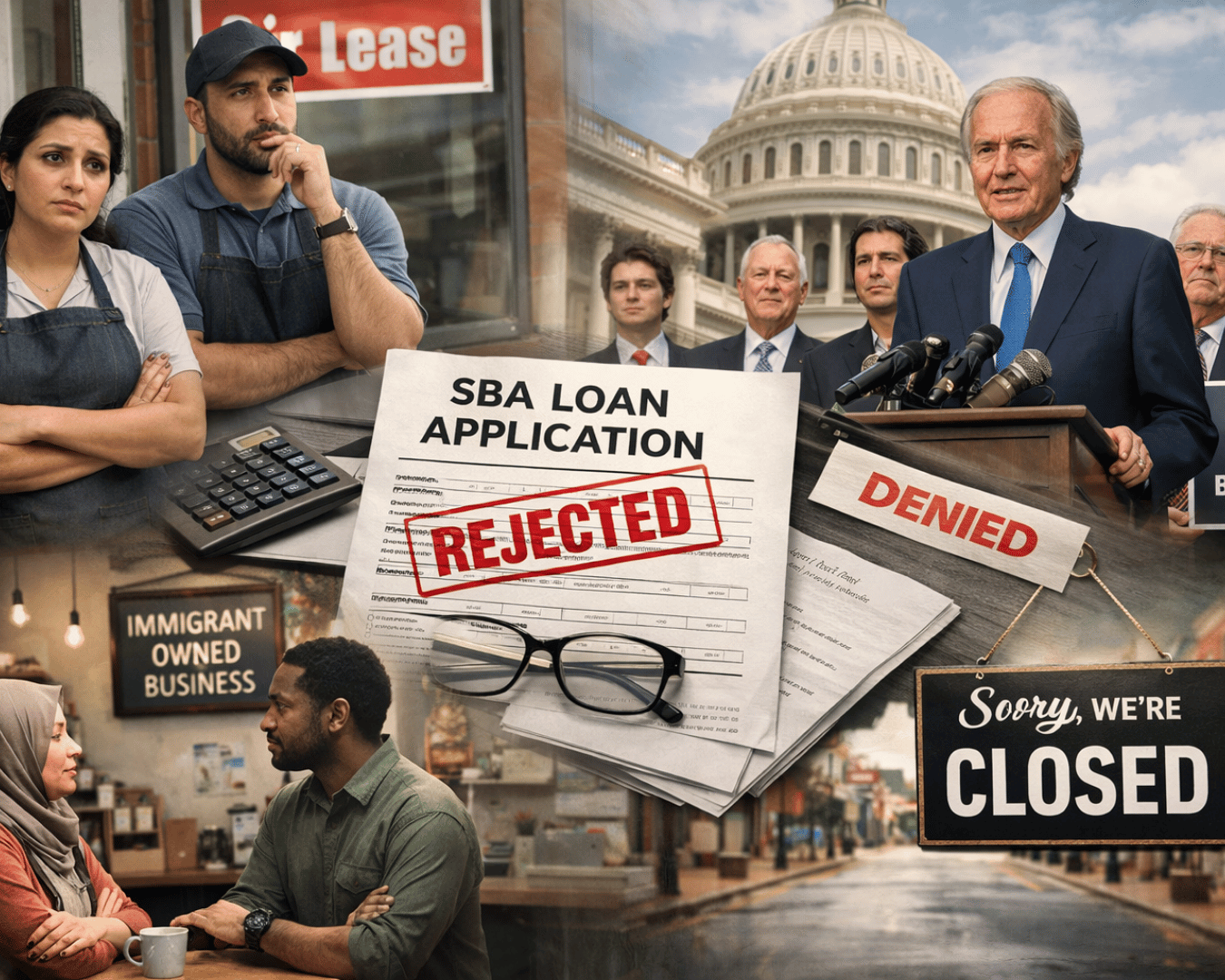
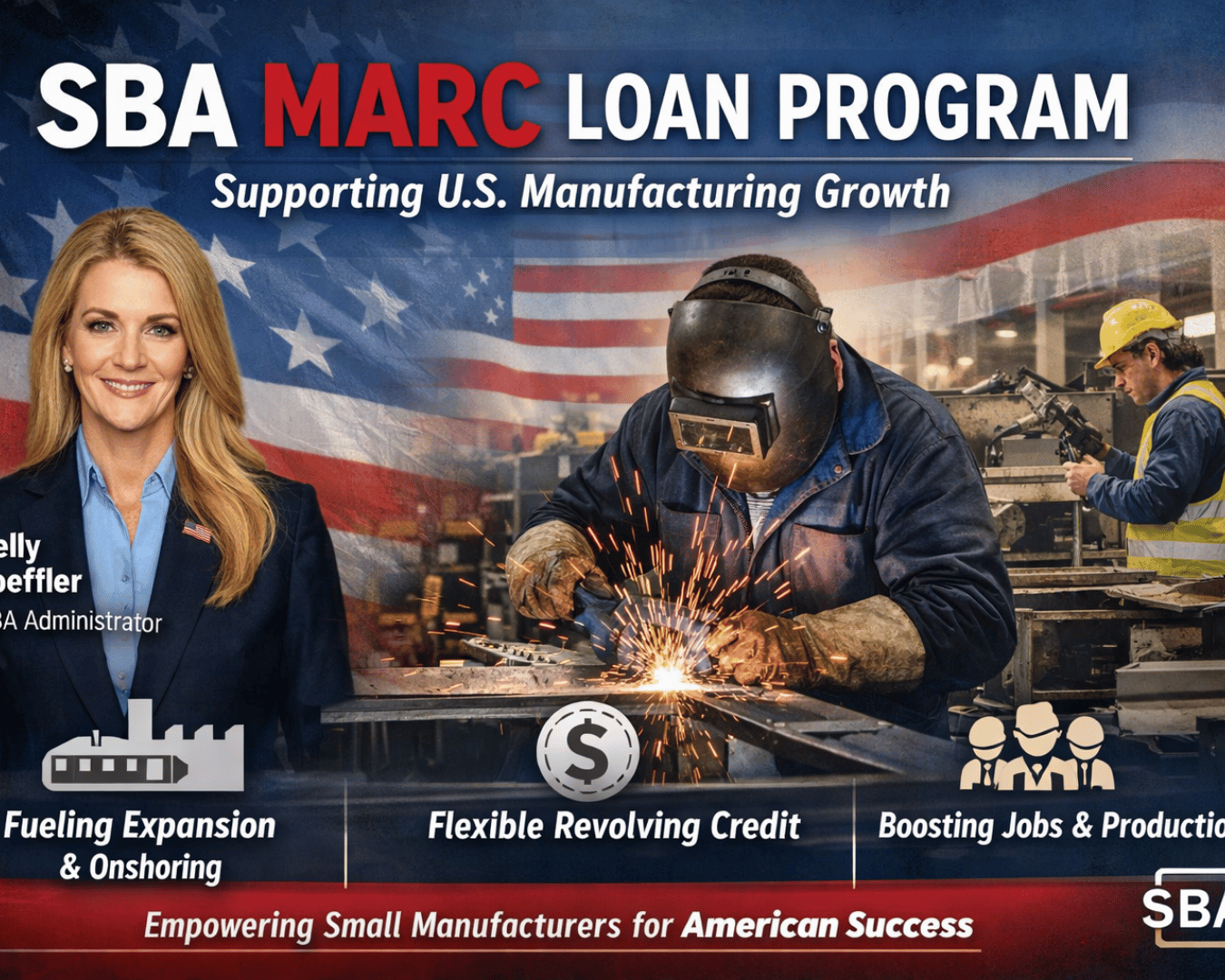








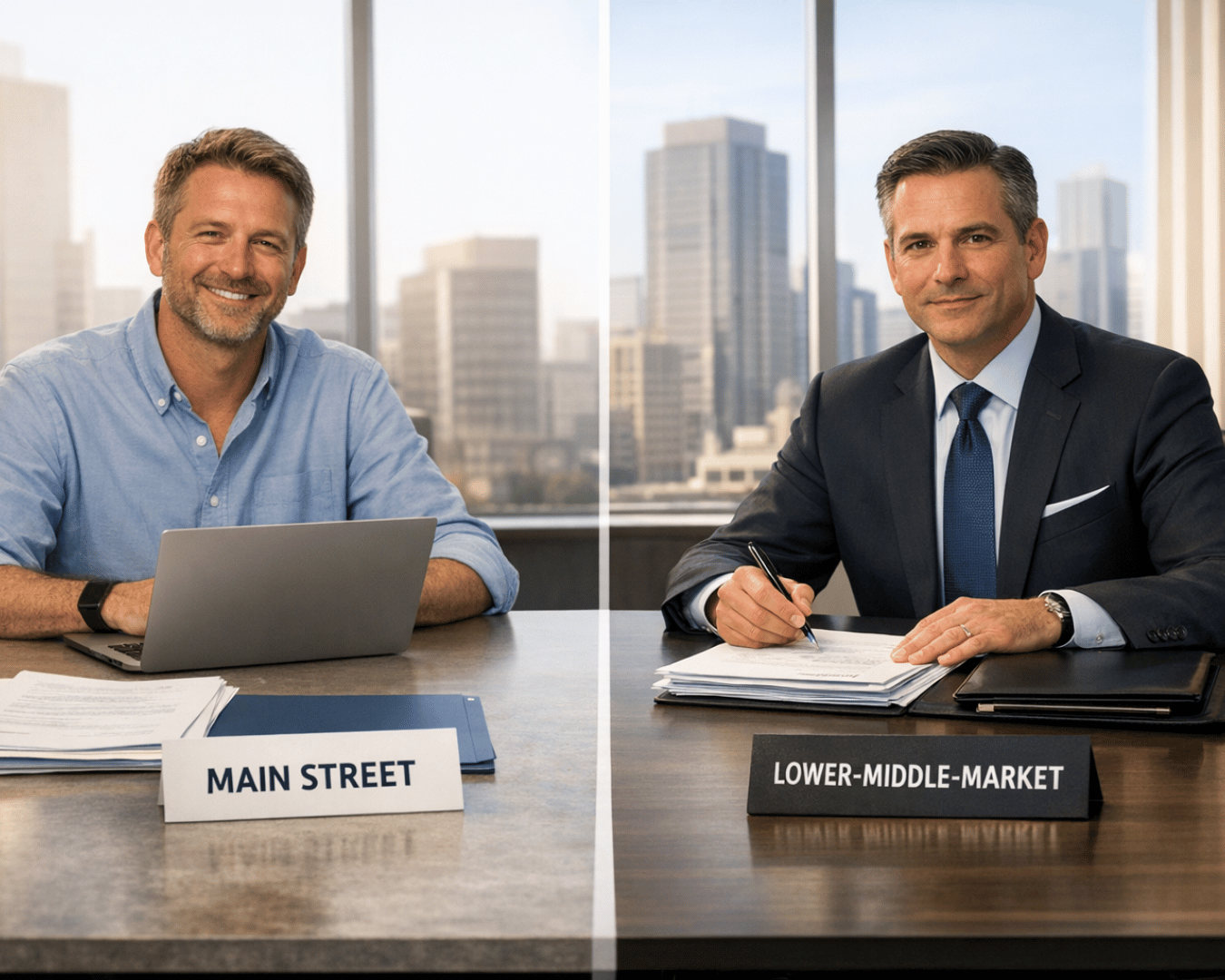
















.png)



















